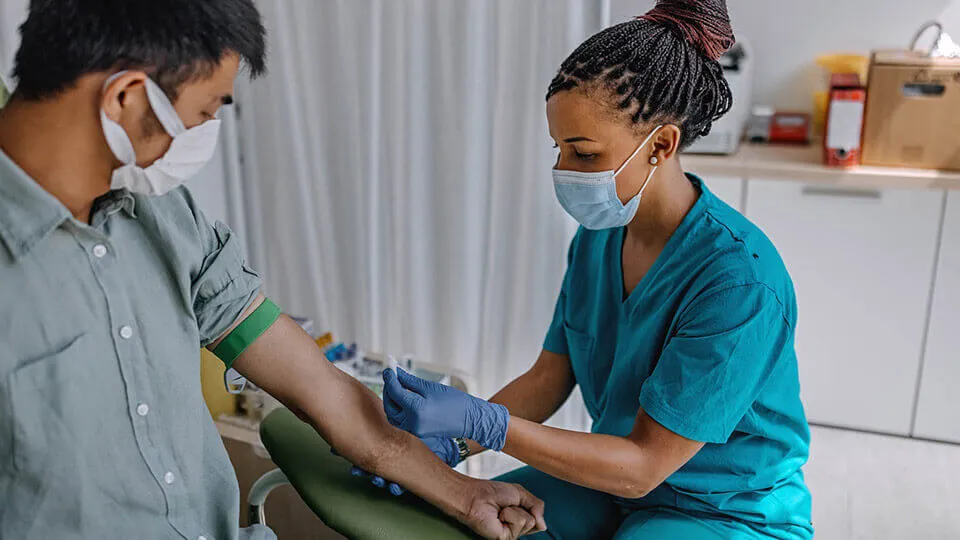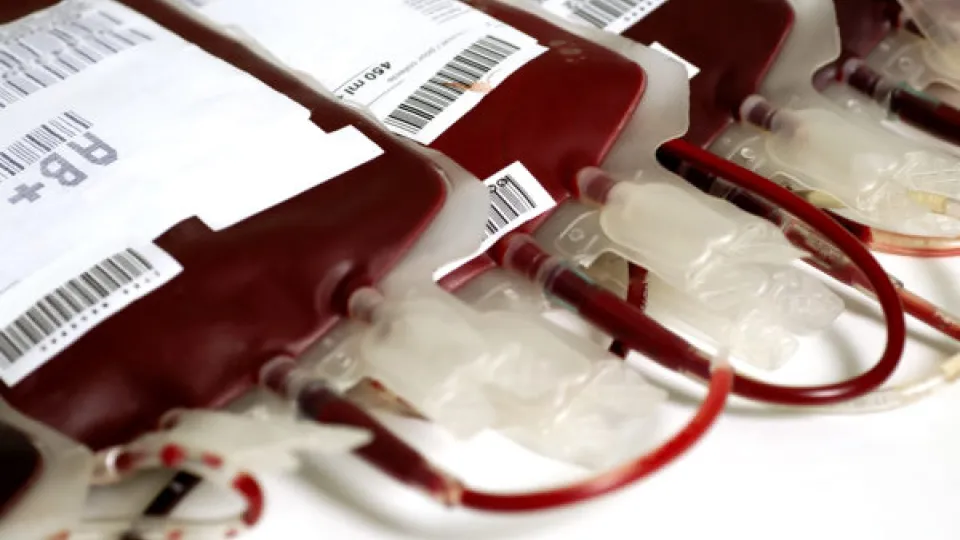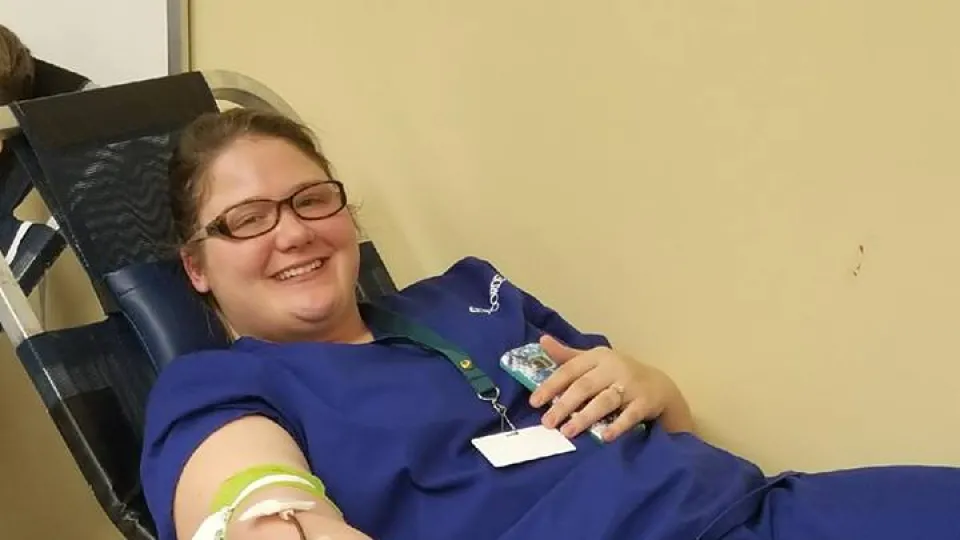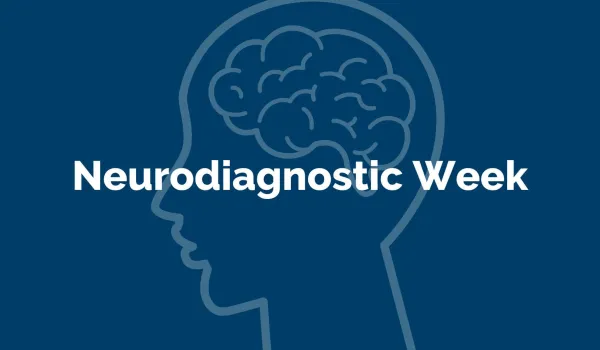Concorde Staff

It's the month after the holiday season, and it's probably safe to assume that right now you may be feeling like you have nothing left to give.
On top of that, as you pursue a health care career at Concorde Career College, you're likely busy recovering from the busyness of the holidays and getting back into the swing of work and classes.
But, did you know that you have a gift worth far more than a fuzzy pair of socks or plate of cookies? January is National Donate Blood Month, and there are many good reasons that you should consider donating blood this month.
1. BLOOD HAS A SHORT SHELF LIFE
Blood is needed all year long, regardless of the month or season. Blood only has a shelf life of about 42 days, which means that donations need to come in on a consistent basis to replace blood as it expires. New blood donations are needed on a rolling basis but supply often does not meet demand.
2. SUPPLIES OFTEN RUN LOW
According to the Red Cross, someone in the U.S. needs blood every two seconds, and a single car accident victim can require up to 100 pints of blood!
Blood donations are high after a local or national crisis but can run dangerously low during other times of year and there may not be enough donated blood available to meet the need. January is a month that consistently has low supply.
3. IT MAKES YOU FEEL GOOD TO HELP
As a professional with a health care career or someone looking to go into this field, you know that it feels good to help others in their time of need.
While many ways to help in a health care career, most require significant amounts of time and training. Blood donation is a simple act that the majority of the public can do. Including the initial screenings and the short recovery period afterward, donating a pint of blood can usually be done in a little over an hour.
4. IT'S GOOD FOR YOUR IRON LEVELS
People often mistakenly believe that losing blood is a bad thing. In truth, it is actually good to have occasional blood loss because it balances your iron levels. Too much iron is a greater risk than too little iron, especially for men and postmenopausal women.
Blood donors are 88 percent less likely to have a heart attack. If you're female, blood donation can still benefit you as well. There is little risk to donating blood, even during your menstrual cycle, unless you have known anemia.
5. YOU GET A MINI PHYSICAL
It can be difficult for many people to find time to see a doctor for a physical. Particularly if you are in school for your health care career or are otherwise working full time, you may not have time to see a doctor when you feel well.
Donating blood provides the opportunity to get a mini-physical and to confirm if you're in overall good health.
You'll be checked for hemoglobin levels, as well as your blood pressure. You'll be screened for 13 infectious diseases, including HIV, syphilis, hepatitis B and C, and West Nile virus. Some blood centers even check your cholesterol levels.
Donating blood makes you feel good about yourself while helping others at the same time!
Curious about saving lives more than just one day a year? Join the ranks of thousands of other health professionals by enrolling in a program at Concorde Career College.
Interested In How To Become a Phlebotomist?
Click here to explore Phlebotomy programs near you!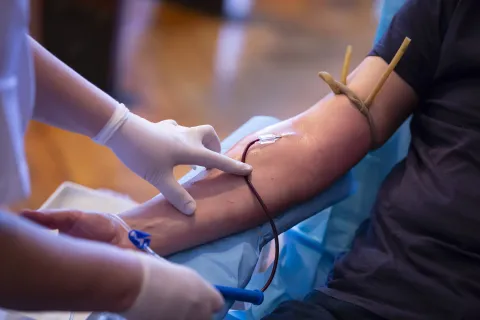
Next Steps?
Interested in learning more about our Phlebotomy program? We have a Concorde representative ready to talk about what matters most to you. Get answers about start dates, curriculum, financial aid, scholarships and more!
